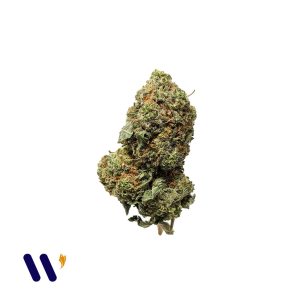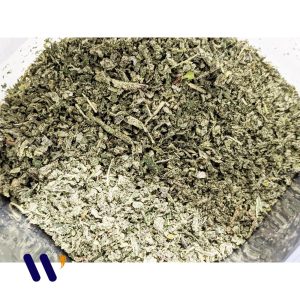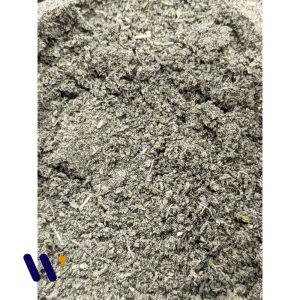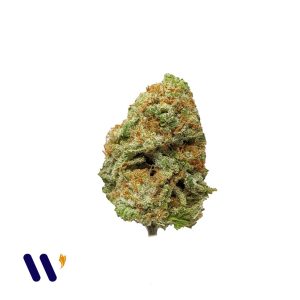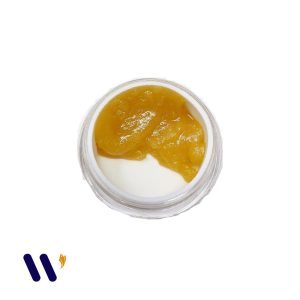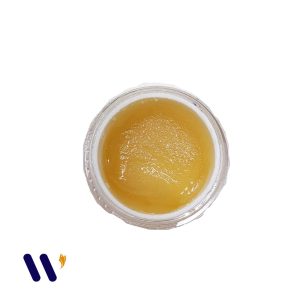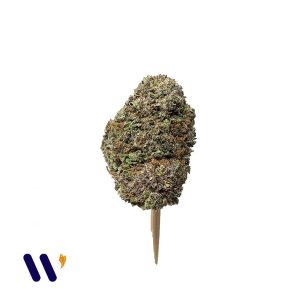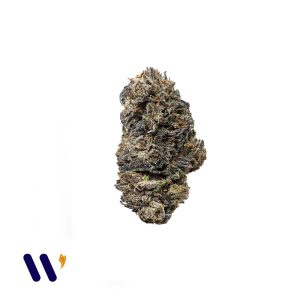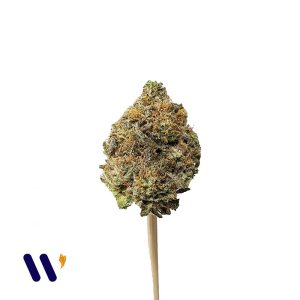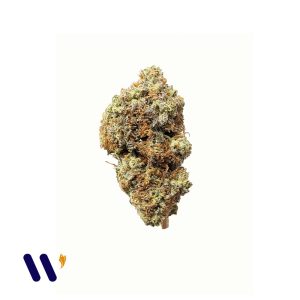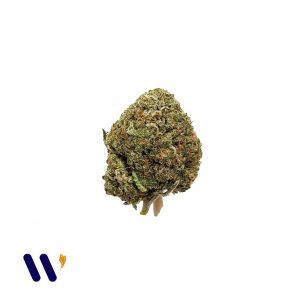Depression can be an incredibly difficult condition to live with. It can cause persistent feelings of sadness and hopelessness. Unfortunately, traditional treatments such as antidepressants can have serious side effects, and some people don’t find relief from using them at all. Fortunately, recent research has found that cannabis may offer a promising alternative for those looking to manage their depression symptoms. Cannabis, when used in a controlled manner, can help provide the relief many people are looking for without the often-debilitating side effects associated with traditional medications.
What is Depression and What are its Causes?
Depression is a severe mental health condition which is marked by a general low mood, lack of pleasure and reduced energy levels. It is believed that only a small percentage of sufferers seek medical assistance, and even fewer get therapy. Despite the high prevalence of depression and its potentially life-threatening nature, many individuals remain unaware of its presence in their lives. The signs of depression may vary from person to person, but are usually characterized by a continuous sensation of unhappiness, despair, and/or emptiness. People going through depression may also have feelings of guilt or insignificance, loss of libido, sleeping problems, nervousness and tension, a lack of interest in activities that were previously enjoyed, poor concentration, low self-confidence, suicidal thoughts, and/or irritability. There are several aspects that can lead to the emergence of depression, such as genetics, chemical imbalances in the brain, and life events.
How Can Cannabis Help Relieve Depression Symptoms?
Cannabis is a natural substance with numerous therapeutic benefits, and research has now revealed that it may be an effective treatment for a range of different conditions, including depression. When compared to placebos (dummy treatments with no active ingredients), cannabinoids, including CBD and THC, have been found to have a wide range of benefits, including the ability to help treat a variety of different disorders. In terms of depression, cannabis has been shown to be effective at treating numerous symptoms associated with the condition, including increased anxiety, decreased appetite and motivation, disturbed sleep, and an increased likelihood of attempting suicide. While the exact mechanism by which cannabis relieves these symptoms is still largely unknown, it is thought that cannabinoids target specific neurotransmitter receptors in the brain that are involved in mood regulation.
Different ways to Use Cannabis
There are a variety of methods to take cannabis, including vapourizing. This is best done with a vaporizer that warms the cannabis at a lower temperature than any other device. If taken in food or liquid form, this will increase its absorption rate and reduce the amount of time necessary to experience its effects. Each type of cannabis product can be useful for different purposes. People that suffer from depression may find that items full of cannabinoids, such as oils and edibles, are more successful in alleviating their symptoms. On the other hand, some may find that a full-spectrum tincture, which is a combination of cannabinoids and terpenes in a liquid form, is a better solution. Other options for consumption are smoking, edibles, drinks, topical creams and suppositories. If using cannabis to treat depression, it may be beneficial to try different options to determine which one works best.
Conclusion
Millions of people around the world suffer from depression, and many find that traditional treatment options do not work for them. Cannabis may be a worthwhile natural, alternative treatment option for depression. If you are struggling with depression, it is important to seek help right away. You should also be aware of the risks associated with cannabis and use it responsibly. Visit Weedcargo.cc online dispensary for all your cannabis needs.






